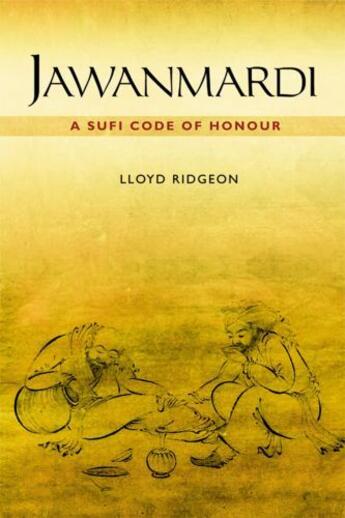-
Nombre de pages : (-)
-
Collection :
(-)
-
Genre :
(-)
-
Thème :
Non attribué
-
Prix littéraire(s) :
(-)
Résumé:
How did medieval Sufis express their system of everyday morality? Sufism attracts much attention in the West, yet its ethical dimension is often overlooked. Jawanmardi--a key element of Persian Sufism--was the ethic that encouraged the Sufi to put others before himself and to overlook the sins... Voir plus
How did medieval Sufis express their system of everyday morality? Sufism attracts much attention in the West, yet its ethical dimension is often overlooked. Jawanmardi--a key element of Persian Sufism--was the ethic that encouraged the Sufi to put others before himself and to overlook the sins committed by others, representing a humane and liberal understanding of Islam.
Many writers in the Persian tradition wrote about jawanmardi and this book presents three of the key medieval texts in translation: Kitab al-futuwwa by Shihab al-Din Umar Suhrawardi, Futuwwat nama of Mirza 'Abd al-'Azim Khan Qarib, and Risala -yi Hatim al-Tayy by Husayn Wa'iz-i Kashifi.
The texts are drawn from across the medieval period, reflecting different timeframes and audiences. This allows the reader to identify shifts in the ethic of jawanmardi and Sufism more generally
Donner votre avis














